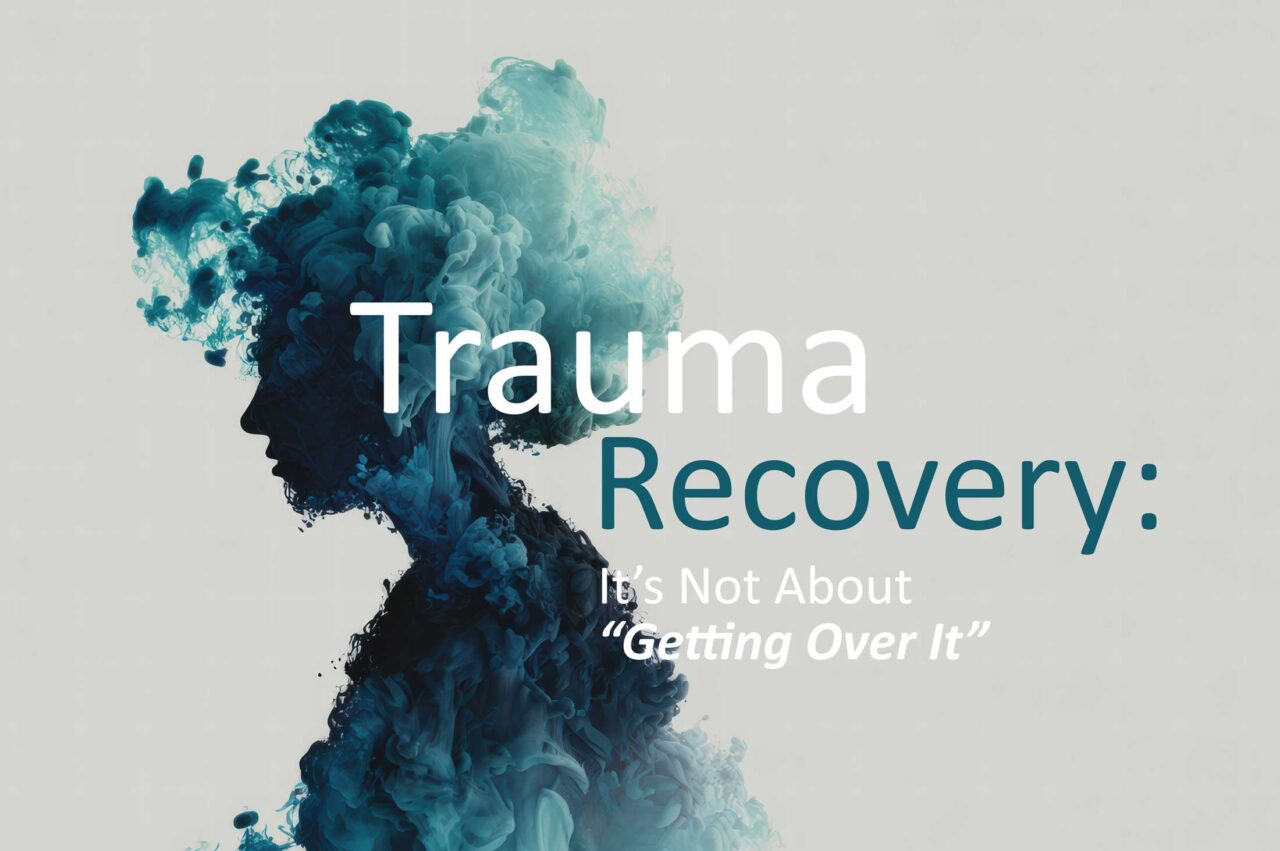“Why am I still affected by something that happened years ago?”
It’s a question we hear often at BCS. And it usually comes with frustration. Sometimes shame. Sometimes confusion.
Trauma has a way of lingering in the nervous system long after the event is over. You might logically understand that you’re safe now, but your body doesn’t always get the memo. A loud noise. A certain tone of voice. A specific date on the calendar. Suddenly your heart is racing, your chest tight, your thoughts spiraling.
And then comes the self-judgment.
“I should be over this.”
“It wasn’t even that bad.”
“Other people have had it worse.”
But trauma recovery isn’t a competition. it’s not about comparing experiences. It’s about how your mind and body responded to something overwhelming at the time.
Sometimes trauma looks dramatic; an accident, an assault, a major loss. Other times it’s quieter. Chronic criticism. Emotional neglect. Growing up in unpredictability. Being in relationships where you never quite felt safe. Trauma can be loud, or it can be subtle and cumulative.
Recovery doesn’t mean erasing what happened. It means building a new relationship with it.
In therapy, that often starts with understanding how trauma shows up now. Maybe you notice you shut down during conflict. Maybe you avoid closeness. Maybe you overwork because slowing down feels unsafe. Maybe you’re constantly scanning for what could go wrong.
None of those patterns developed randomly, they were protective at some point, they helped you survive something difficult.
The work of recovery is gently helping your nervous system learn that it doesn’t have to stay on high alert anymore. That you can pause. That you can feel without being overwhelmed. That connection doesn’t always equal danger.
And it’s not a straight line.
There are days when you feel strong and grounded, there are days when something small knocks you sideways, that doesn’t mean you’ve failed – it means healing is layered.
One of the most powerful moments in trauma recovery is when someone realizes: “My reactions make sense.”
Not because the pain was deserved, not because the situation was okay. But because your system did exactly what it was designed to do; protect you.
From there, change becomes possible.
- You can learn to notice triggers without being consumed by them.
- You can practice boundaries without feeling guilty.
- You can build relationships that feel steady instead of chaotic.
- You can feel joy again without waiting for it to disappear.
Trauma recovery isn’t about becoming the person you were before, it’s about becoming someone who understands themselves more deeply, someone who has language for what happened, someone who knows they deserved safety all along.
We see recovery happen every day, not as a dramatic transformation, but as quiet shifts. More self-compassion, fewer shame spirals. A little more space between trigger and reaction, a little more trust in oneself.
If you’re in the middle of this work, or just starting to wonder whether what you experienced “counts,” know this:
Your story matters.
Your responses make sense.
And healing is possible — even if it doesn’t look how you expected.
You don’t have to rush it.
You don’t have to minimize it.
And you don’t have to do it alone.
Contact us at BCS Counseling Group for individual and group counseling. 718 313 4357 or bcsnygroup.com/appointments
If you don’t have health insurance, reach out to us today, BCS offers income-based counseling groups to help make care more accessible.








